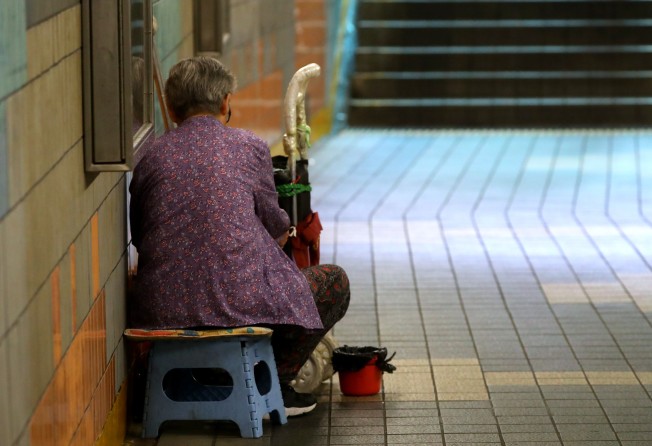Consultation brings death into the open
- Proposed changes to the law covering end-of-life care allows discussion of a serious subject that is too often avoided in our rapidly ageing society

Death is certain. Alas, few people face up to it until the time has come. While it is not up to us to say when and how, most would probably prefer a less painful journey, such as giving up futile treatment at the final stage or staying in a familiar place with their loved ones. Ideal as they sound, such scenarios are exceptions rather than the norm in Hong Kong. Legal red tape and a lack of institutional support means dying in hospitals is still the default option.
Having studied the issues for years, the government has finally released a public consultation on end-of-life care. This includes legislative changes to enable patients to give clear advance directives on treatments and to facilitate end-of-life care outside hospitals.
Ever since the Hospital Authority has issued guidelines in line with relevant recommendations made by the Law Reform Commission, the number of advanced directives given by patients rose from an annual 150 in 2012 to more than 1,500 last year. But there is still much room for improvement in terms of awareness and acceptance. A survey in 2016 showed that nearly nine in 10 respondents had not heard of such a concept.
Given the options involve fundamental changes to existing law and practices, a host of issues have to be rationalised. For instance, what should be done when the family of a dying patient objects to the directive? There also needs to be legal amendments to exempt natural deaths at home or in residential care from being reported to the coroner. Proper safeguards and protection are also needed to facilitate basic care and emergency life-sustaining treatment under specific circumstances.
The issues are especially pertinent in our fast ageing society. By 2066, one in three people will be aged 65 or above; and the annual number of deaths will hit 98,000, up from the existing 46,700 in 2016. The trend inevitably adds pressure to public finance in the long run if dying in hospital, which currently accounts for 96 per cent of deaths, remains the default option. The consultation is a meaningful step to broaching a serious subject that is sadly too often avoided in public discussion. An early revamp can go a long way to addressing the future challenges.